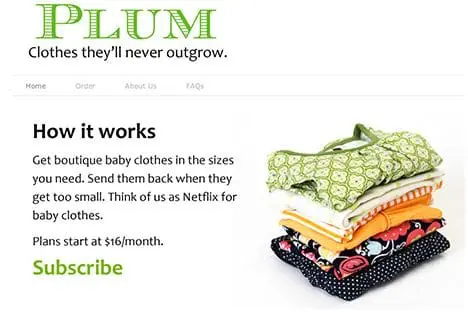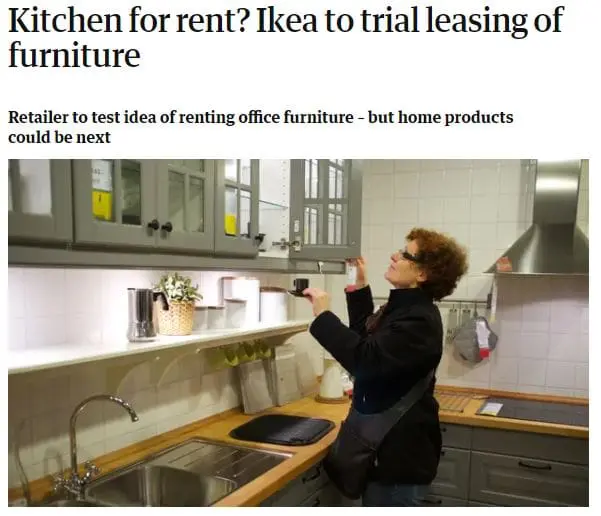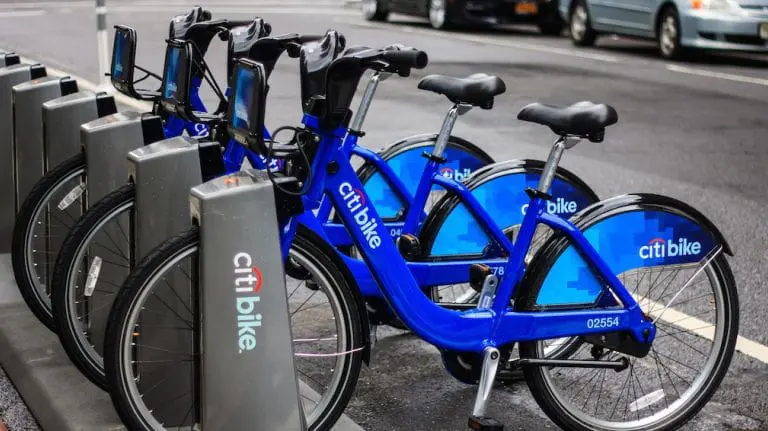Mintel has been at the forefront of predicting the trends that matter most, calling them early and accurately, over the last 15 years. In our series You Heard It Here First we take a look at some of the predictions that we’ve made and where they are today.
In 2011, “Mintel trend ‘Why Buy,‘” signifying how consumers started to weigh-up if it is worth taking the risk of buying something that comes with responsibility, maintenance and often a considerable financial investment – or if simply renting it would be a better option.
The problem increased after the recession when the traditional goal of home ownership began to decline. Generation rent emerged. Students were victims of the housing issues with 86% of them feeling they were ‘not likely at all’ to buy a house in the next year, according to a 2011 Mintel report on student lifestyles. The solution was for many young professionals to rent for longer than ever or move back with their parents. Since then, renting in the UK has become the norm for many for longer than seen in previous generations, and while owning property is still an aspiration for younger consumers, the timeframes within which ownership can be achieved have changed.
Meanwhile, as populations continued to grow, brands and governments began to focus on transport options back in 2011, with rental and sharing solutions being launched. New York City was outfitted with 10,000 rental bicycles, bike sharing became more common in Brazil and Argentina, and France experienced a boom in car sharing.
But the renting economy didn’t affect just housing and transport. Eight years ago, Mintel identified all kinds of industries across the globe embracing it. La Fabrique de Lunettes was offering designer sunglasses for short-term rent and Plum gave access to a subscription service dedicated to parents to rent outfits for their babies. Not only was the fashion industry seeing the emergence of this new lifestyle, technology started to get involved too. Students could rent their laptops with Google and travellers could rent an iPad when flying with Jetstar.

Renting is easy and savvy, but don’t forget sustainability!
In 2019, technology has enabled the rental economy to expand. It is now easy to access goods and services with apps and online platforms. Airbnb is a prime example of the importance of connectivity in the rental economy. Travellers can rent a property or room anywhere, at anytime in just a matter of clicks.
Brands are focusing on convenience by offering unlimited access or hourly rates. Being flexible is a way to stand out. Businesses are revisiting the idea of needing a permanent location to be flexible. Mintel has recently seen a co-working start-up using restaurant space during the weekend, and small brands sharing storefronts for a monthly fee.
What really stands out is the intention both consumers and brands have to act responsibly towards the planet. Car-sharing platforms are now electric and clothes for rent are approached by communities as a way to curb the environmental damage caused by the fashion industry. Big players are also involved. IKEA is currently testing renting out furniture as part of its eco-friendly plans. When it comes to environmental concerns, sharing is caring. Businesses are developing new ideas to give consumers the possibility to rent. These range from a coffee cup or a Christmas tree, but the underlying theme is a way to help save the planet.

Renting people – the evolution of the renting economy
There is now definitely more scope for the renting economy. Convenience has become the new norm, and people’s life paths are fluctuating. Sustainability will become mandatory, and rental services will push their eco-friendly credentials.Younger generations are used to the freedom that sharing and renting provides but brands should consider all demographics. Older generations are less likely to have the responsibility of grandchildren as people delay having kids or live far away, so are another prime target for sharing models.
Mintel’s new Social Isolation Trend offers new opportunities. The trend highlights that loneliness is coming into focus as people are replacing physical interactions with digital updates so brands can encourage people to interact. The need for interaction suggests there is a future for rental services that provide human relation. An example of this comes from China where consumers can hire a “boyfriend” to go shopping with.

While Borrow My Doggy in the UK allows to borrow a dog for walks, playtime, overnight stays or holidays.

In the future, consumers will look to rent a grandma for afternoon tea, or a group or friends to go clubbing with. There are opportunities to focus on solo consumers more than ever, but everyone experiences loneliness so brands can promote human connection across all demographics.
































